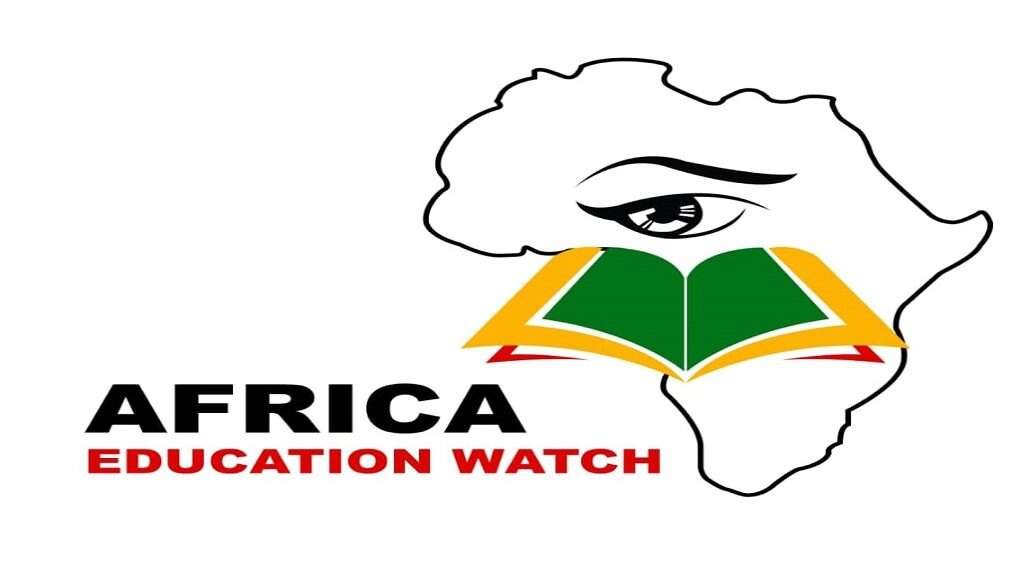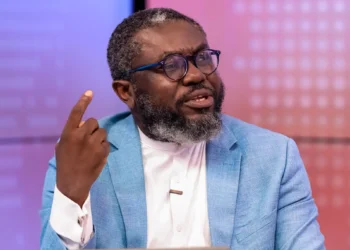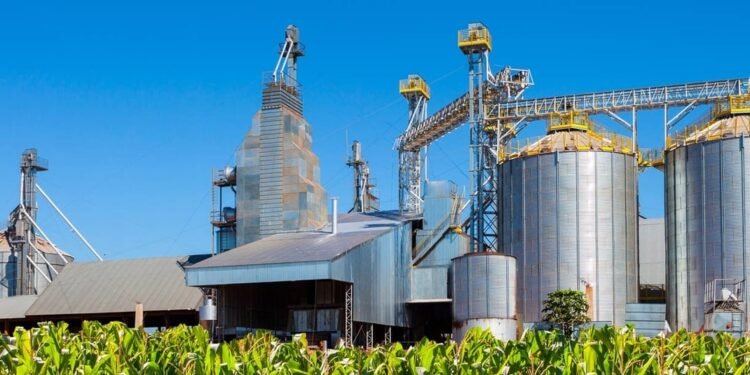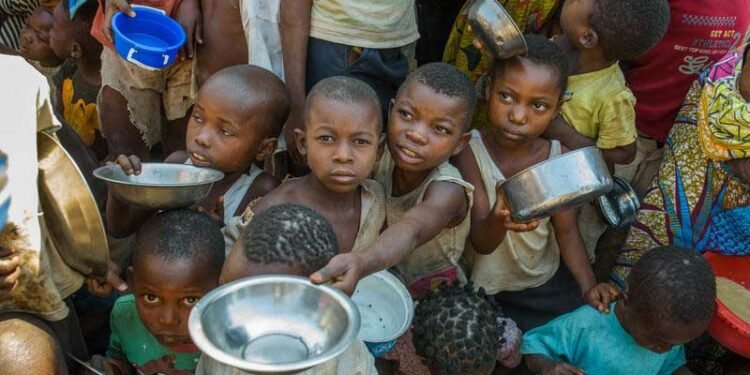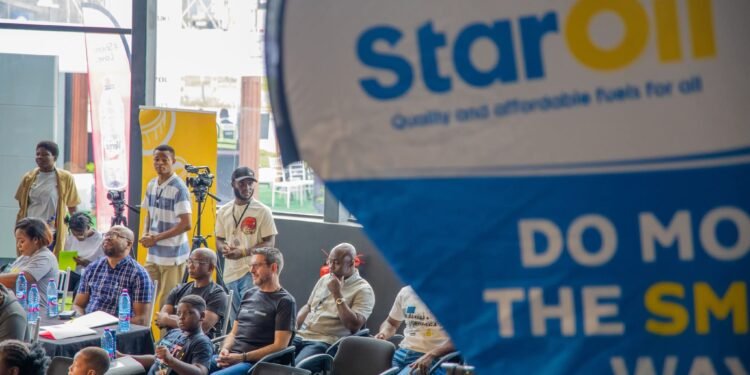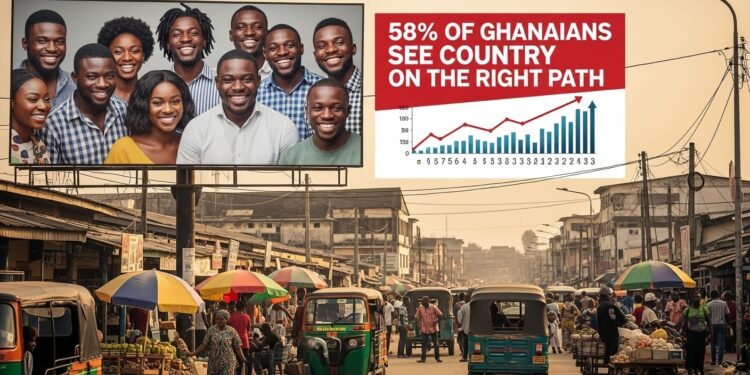In its latest review of the government’s 2024 Mid-Year Budget, the Africa Education Watch (Eduwatch) has expressed significant concerns regarding the funding of critical education programs, highlighting potential shortfalls and inadequacies despite some increases in allocations.
Eduwatch’s analysis underscored both positive and concerning trends within the sector, particularly focusing on the Ghana Education Trust Fund (GETFund), the Free Senior High School (SHS) program, Capitation Grants, the Ghana School Feeding Programme (GSFP), and the impact of the International Monetary Fund (IMF) program on the education sector.
GETFund Revenue Shortfalls and Capping Implications
According to Eduwatch, projections for the Ghana Education Trust Fund (GETFund) stood at GH¢ 7.9 billion in the main 2024 budget.
However, Eduwatch noted that the mid-year revenue inflows into the GETFund Levy were projected in the main 2024 budget at GH¢ 3.34 billion with an actual performance of GH¢ 3.06 billion by June 2024.
“This creates a shortfall of GH¢ 278 million in GETFund Levy accruals against projections for January-June 2024. The GETFund revenue projections for 2024 have therefore been revised downward from GH¢ 7.9 billion to GH¢ 7.6 billion”.
Africa Education Watch (Eduwatch)
Despite this downward revision, the government added GH¢ 1 billion to the initial GETFund allocation of GH¢ 3.2 billion, raising the total allocation to GH¢ 4.2 billion.
Nonetheless, Eduwatch noted that due to the 2017 Earmarked Funds Capping and Realignment Law, only 55 per cent (GH¢ 3.4 billion) of the revised GETFund accruals will be accessible for the education sector.
The remaining GH¢ 3.4 billion according to the education think-tank group will be re-purposed to other priority areas, leaving a significant funding gap for education.
Eduwatch estimated that by the end of 2024, the education sector would have been deprived of a cumulative GH¢ 7 billion as a result of this capping.
Free Senior High School and TVET Enrollment Surge
Eduwatch however, acknowledged the positive developments within the Free Senior High School (SHS) and Technical and Vocational Education and Training (TVET) sectors, where the Minister of Finance reported a record-breaking 509,925 student enrollment for the 2023/24 academic year.
This increase it noted represents an 84.8 percent transition rate from the Basic Education Certificate Examination (BECE) to SHS, up from 81.1 per cent the previous year.
The report revealed that the Free SHS program received a budgetary allocation of GH¢ 2.7 billion for the 2024 financial year, which Eduwatch believes has contributed to the improved equity in access to secondary education.
However, the organization emphasized the need for sustainable funding mechanisms to maintain and improve the quality of secondary education.

Student Loans and Inconsistent Disbursements
Furthermore, the Africa Education Watch highlighted concerns regarding funding for tertiary education, particularly the Student Loan Trust Fund (SLTF).
It reported that while GH¢ 6.2 million was allocated from the Consolidated Fund to support student loans in the 2024 budget, only 42 percent (GH¢ 2.6 million) of this amount had been disbursed by mid-year.
“With the expected supplementary funding from GETFund and the Communications Service Tax (CST), provisional estimates indicate that, of the total Consolidated Fund allocation of GH¢ 6.2 million, only GH¢ 2.6 million, representing about 42 per cent of the Fund was disbursed by mid-year, with GH¢ 25 million disbursed from GETFund to the SLTF”
Africa Education Watch (Eduwatch)
The report stressed that the slow disbursement rates are affecting 58,000 beneficiaries, with only 70 per cent of applicants receiving loans due to financing shortfalls.
Capitation Grant: Inflation Erodes Value of Increment
On Capitation Grant, Eduwatch welcomed the 50 per cent increase in the Capitation Grant, raising the per capita allocation from GH¢ 10 to GH¢ 15 for public basic school students.
However, it cautioned that the increase has been eroded by inflation, which has cumulatively reduced the real value of the grant by about 200 per cent since the last increase in 2018.
It argued that in real terms, the current allocation now only covers the equivalent of three exercise books, compared to six in 2018.
On the issue of disbursement, Eduwatcch noted that about 45 per cent of the GH¢ 84 million budgeted Capitation Grant had been disbursed by mid-year, with a projected 90 per cent disbursement by the end of the 2024 financial year
Eduwatch emphasized the need for timely disbursement of the remaining GH¢ 45.8 million to ensure schools can function effectively during the 2024/25 academic year, recommending that civil society push for further advocacy targeting the Ministry of Finance.
“Basic schools will re-open in the second week of September for the 2024/25 academic year. Achieving 90 per cent budget execution requires a full disbursement of the remaining 56 per cent (GH¢ 45.8 million) of the allocated Capitation Grant by the end of the third quarter, thereby enabling schools to spend in the first term, in accordance with their School Performance Improvement Plans for the new academic year. To achieve this, Civil Society advocacy targeting the Ministry of Finance is required”.
Africa Education Watch (Eduwatch)
School Feeding Programme: Increment Insufficient Amid Inflation
Moreover, the Africa Education Watch praised the government’s decision to increase both the number of beneficiaries under the Ghana School Feeding Programme (GSFP) from 3.6 million to 4 million and the per capita daily allocation from GH¢ 1.20 to GH¢ 1.50.
However, Eduwatch raised concerns that despite the increment, the real value of the allocation remains negative due to the combined impact of high inflation (200 percent since 2018) and a depreciating local currency.
Although the GSFP budget was increased to GH¢ 1.4 billion, Eduwatch insisted that the current per capita allocation is still insufficient to ensure the provision of quality meals to students.
The organization estimated that a GH¢ 3 per capita allocation would be necessary to meet food quality standards, pointing to the Auditor-General’s recent report which confirmed the poor quality of meals served under the GSFP.
Impact of the IMF Program on Education Funding
Eduwatch also recognized the positive role of the ongoing IMF program, noting that it has helped to secure consistent increases in education and social protection spending amidst economic challenges.
It revealed that the education budget saw a 36.4 per cent increase between 2023 and mid-2024, driven by the combined efforts of civil society, Oxfam, and the Economic Governance Platform in engaging with both the IMF and the Ministry of Finance.
“Unlike previous IMF programmes, the current one has ensured a consistent increase in education on and social protection spending”, the organization declared.
Conclusion and Recommendations
The Africa Education Watch concluded its review by making key recommendations to the Ministries of Finance and Education.
These included ensuring full disbursement of the remaining Capitation Grant funds by the third quarter of 2024, augmenting the GH¢ 84 million Capitation Grant allocation by GH¢ 6 million, and expediting the release of the GH¢ 2.6 billion GETFund allocation by November 2024.
Additionally, Eduwatch recommended the adoption of a mid-year budget template that includes disbursement updates for critical budget lines such as the SLTF, GSFP, and Capitation Grant to ensure transparency and effective budget execution.
In the face of economic constraints, Eduwatch stressed the need for continued civil society engagement and advocacy to ensure that education remains a priority in government spending, safeguarding the future of Ghana’s students.
READ ALSO: Stonebwoy Teases New Music Collaboration With Ginton

